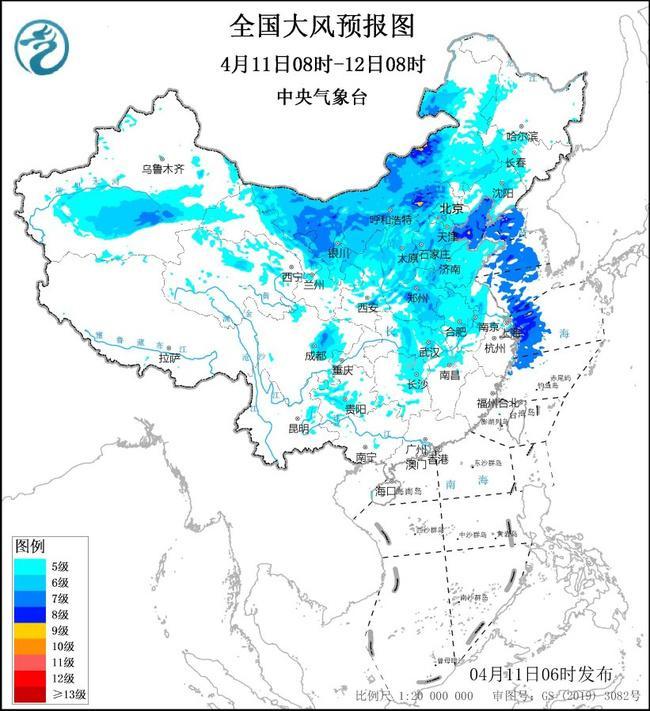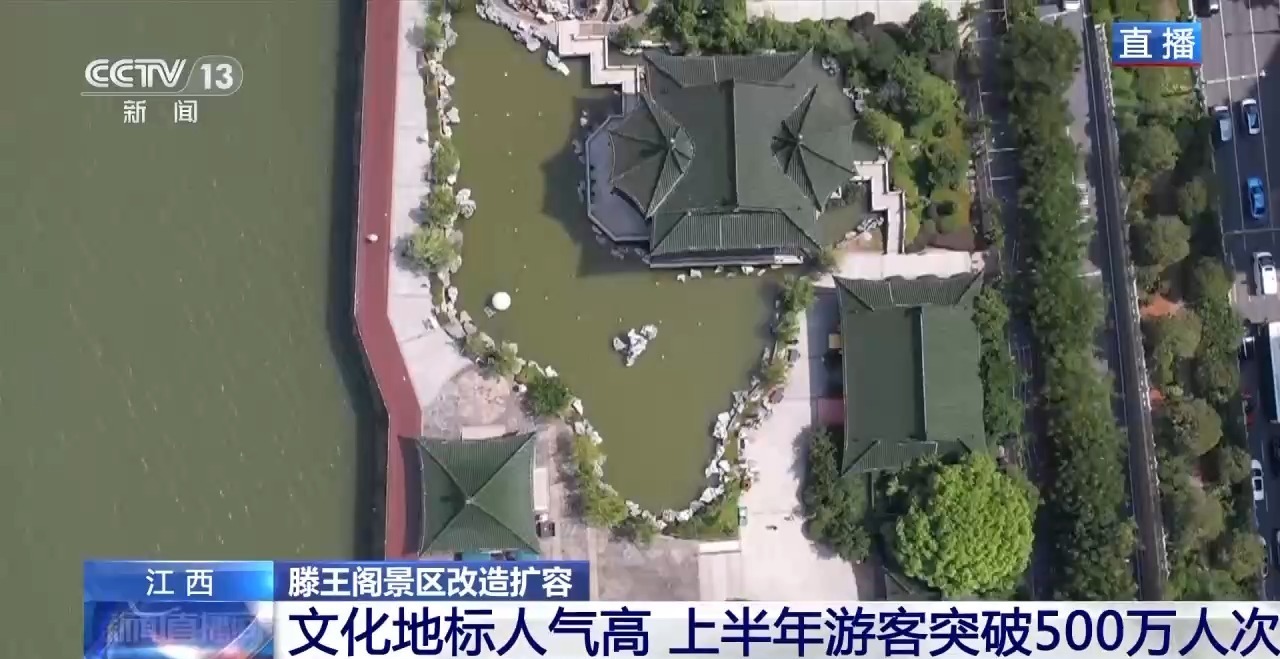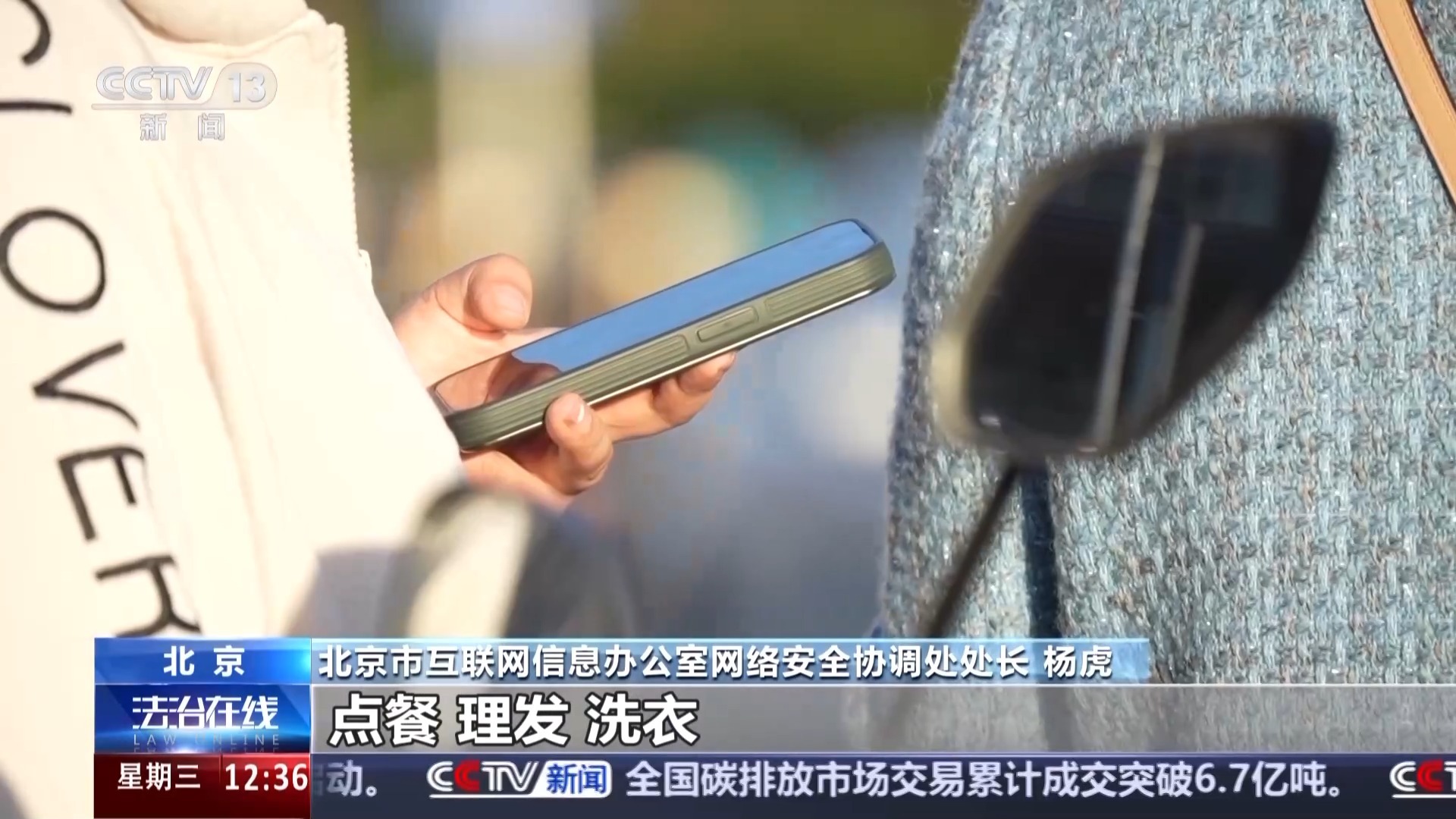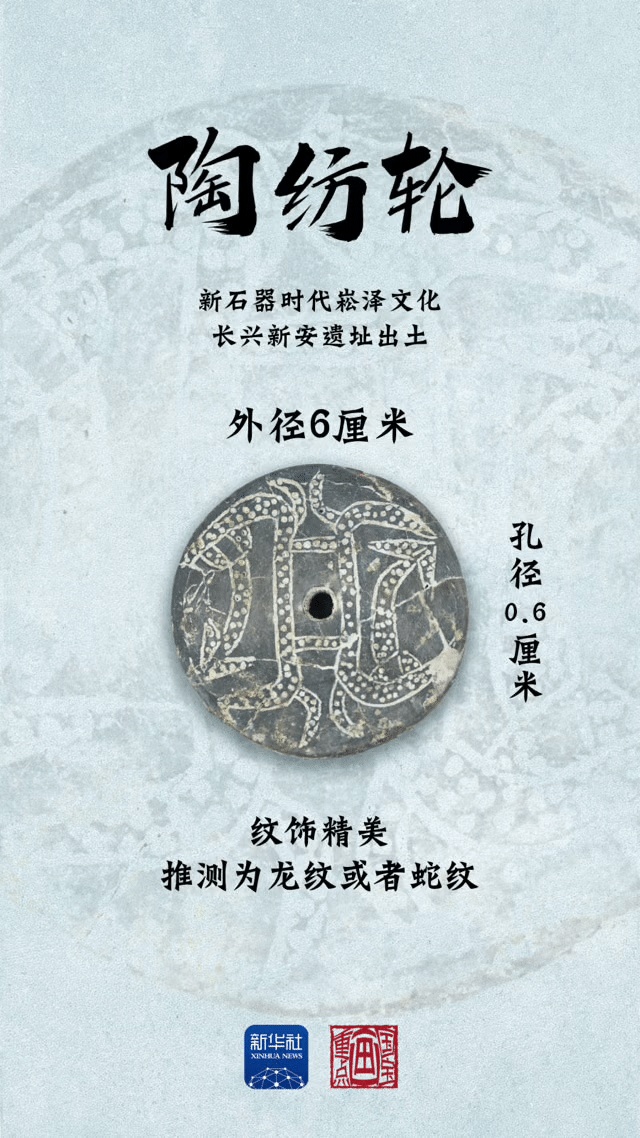Rethinking the consequences of U.S. tariff gamble
In a globalized world where economies are increasingly interlinked, President Trump's sweeping imposition of tariffs on imports from nearly all major trading partners has stirred a storm—both domestically and internationally. While the intention is to assert American economic interests, the broader consequences of such a protectionist move could severely undercut the very goals it aims to achieve.。
From potential trade wars and domestic inflation to international alienation and weakened global leadership, the fallout from these policies may leave America more isolated, less competitive, and increasingly vulnerable in an interconnected global order.。

Tariffs in theory vs. reality。

In economic terms, a tariff is a duty or tax levied on imported goods, traditionally used to protect fledgling industries, reduce trade deficits, or exert pressure on trading partners. Historically, countries like the U.S. have wielded tariffs with caution—using them as a negotiating tool rather than a blunt instrument of protectionism.。

But today's context is different. The U.S. is no longer a manufacturing-heavy economy. Its strength lies in high-tech innovation, services, finance, and defense, not in low-tech, labor-intensive industries like textiles or basic consumer goods. Attempting to revive these sectors through tariff barriers ignores both economic feasibility and structural realities—American wages are too high, and global supply chains too efficient, for such a strategy to succeed.。
A unilateral decision with limited consensus。
Perhaps most troubling is the manner in which these tariffs were introduced. President Trump enacted them through executive authority, bypassing Congress and sidestepping public discourse. Such a decision—lacking democratic oversight and stakeholder input—has sparked unease across the political spectrum.。
Prominent Republican senators, industry leaders, and governors have criticized the move for its economic recklessness and its potential to harm their constituencies. Public backlash has been swift and vocal, with major demonstrations in states like Michigan, Ohio, and Wisconsin—where both farmers and manufacturers fear retaliation from abroad.。
Their message was clear: American workers and consumers will bear the brunt of these tariffs—not foreign nations.。
Who really pays for tariffs?
Despite political rhetoric, tariffs are not paid by foreign exporters. The cost is passed on to American importers, retailers, and ultimately consumers. Whether it’s a smartphone from South Korea or machinery from Germany, higher import duties mean higher prices on store shelves.。
A recent analysis by the U.S. Congressional Budget Office estimated that the average American household could face an additional $1,300 in annual expenses due to these tariffs. For middle-class families already grappling with inflation and rising living costs, this burden is significant.。
Moreover, small businesses—which form the backbone of the U.S. economy—are disproportionately affected. Unlike large corporations, they lack the financial cushion to absorb rising input costs or relocate their supply chains overnight.。
Global reaction: Allies alarmed, rivals energized。
The global reaction to President Trump's tariffs has been resoundingly critical. Traditional U.S. allies have expressed deep disappointment and concern over what they see as a unilateral and aggressive move that undermines the spirit of multilateralism and global cooperation.。
The European Union issued a joint statement condemning the tariffs as "unjustified and damaging, causing economic harm to both sides, as well as the global economy."。
Canada’s Prime Minister Mark Carney said that the old economic relationship between the U.S. and Canada is “over,” vowing that Ottawa will respond “forcefully.”。
The Chinese government strongly condemns and firmly opposes U.S. abuse of tariffs.。
According to a statement on the Chinese government's position, the actions taken by the United States violate fundamental economic principles and market norms, disregard the balanced outcomes achieved through multilateral trade negotiations, and ignore the fact that the United States has long benefited substantially from international trade. Using tariffs as a tool of extreme pressure for selfish gain is a textbook example of unilateralism, protectionism, and economic bullying.。
Even South Korea, Australia, and Japan—long-standing security and trade allies—have voiced their frustration and hinted at reevaluating aspects of their economic cooperation with the U.S.。
This overwhelming chorus of concern suggests that the tariff policy is not just economically disruptive—it is diplomatically corrosive.。
Global retaliation: A domino effect。
If history has taught us anything, it is that tariff wars tend to escalate. In response to U.S. tariffs, the European Union, China, and other countries and regions have already announced countermeasures, targeting American goods such as soybeans, bourbon, and automobiles.。
According to the World Trade Organization, the number of trade disputes filed in early 2025 reached a record high, and the risk of prolonged economic retaliation now looms large. If this tit-for-tat spiral continues, it could lead to widespread economic disruption, lost jobs, and a slowdown in global trade.。
The World Bank warned that U.S. across-the-board tariffs of 10% could reduce already lackluster global economic growth of 2.7% in 2025 by 0.3 percentage point if America's trading partners retaliate with tariffs of their own. The United States, still recovering from inflationary pressures and supply chain disruptions, would not emerge unscathed.。
Undermining U.S. alliances and global influence。
Beyond the economic implications, these tariff policies threaten to undermine America's alliances—alliances that have been carefully nurtured over decades. Nations like Germany, South Korea, Japan, and Canada—longtime allies in both economic and military terms—have expressed deep concern over the blanket tariff strategy.。
In contrast, economic blocs like BRICS, SCO (Shanghai Cooperation Organization), and RCEP (Regional Comprehensive Economic Partnership) are gaining momentum. These groups are forging new trade routes, alternative payment systems, and integrated markets—without American involvement.。
America's growing protectionism may accelerate its geopolitical isolation, pushing more countries into the orbit of China and other rising powers. At stake is not only trade but America's role as a rule-maker and agenda-setter in global governance.。
Rethinking the path forward。
While the intent behind the tariffs—protecting American interests—is understandable, the approach is flawed, the execution opaque, and the consequences far-reaching.。
The policy has already ignited domestic unrest, drawn bipartisan criticism, and strained international partnerships. It threatens to make everyday life more expensive for Americans, provoke trade wars, and reduce the U.S.'s global relevance.。
Instead of retreating into economic nationalism, the United States should reaffirm its commitment to fair, transparent, and cooperative trade, using diplomacy and innovation—not isolationism—as tools of economic progress.。
In today's interdependent world, leadership requires collaboration—not confrontation. America must choose wisely.。
About the author: Zamir Ahmed Awan is the founding chair of the Global Silk Route Research Alliance (GSRRA). He is a sinologist and former diplomat. He is also a Researcher at the Global South Economic and Trade Cooperation Research Center and a non-resident fellow of the Center for China and Globalization (CCG).。
(责任编辑:热点)
-
劲风橙色预警:华北黄淮等地部分地区有8至10级阵风 局地可达13级
 央视网音讯:中央气象台4月11日06时持续发布劲风橙色预警,估计,新疆东部和南疆盆地、青海北部、甘肃北部和东部、宁夏、陕西中北部、内蒙古大部及东北地区中南部、华北、黄淮、江淮、江汉、江南北部、四川盆地
...[详细]
央视网音讯:中央气象台4月11日06时持续发布劲风橙色预警,估计,新疆东部和南疆盆地、青海北部、甘肃北部和东部、宁夏、陕西中北部、内蒙古大部及东北地区中南部、华北、黄淮、江淮、江汉、江南北部、四川盆地
...[详细]
-
 “十四五”以来,江西省施行城市更新项目近1.3万个,完结投资额超1.2万亿,加速补齐基础设施和公共服务设施短板,城乡相貌面目一新。在江西南昌,本年年初完结改造扩容的滕王阁景区是怎么完成“还江于民、还岸
...[详细]
“十四五”以来,江西省施行城市更新项目近1.3万个,完结投资额超1.2万亿,加速补齐基础设施和公共服务设施短板,城乡相貌面目一新。在江西南昌,本年年初完结改造扩容的滕王阁景区是怎么完成“还江于民、还岸
...[详细]
-
 湖北日报讯记者汤炜玮、实习生任康中、通讯员陈声超)。7月16日,武汉市气象局发布本年首个高温赤色预警信号。:估计今日白日大部地区高温升至39~40℃,部分大街城镇)可达41℃以上!有网友说“预告41℃
...[详细]
湖北日报讯记者汤炜玮、实习生任康中、通讯员陈声超)。7月16日,武汉市气象局发布本年首个高温赤色预警信号。:估计今日白日大部地区高温升至39~40℃,部分大街城镇)可达41℃以上!有网友说“预告41℃
...[详细]
-
深圳网友在火锅店偶遇庞麦郎登台演唱,助理回应:吃饭时受店东约请扮演
 极目新闻记者 柳之萌 胡秀文。近来,歌手庞麦郎在深圳举行了个人演唱会,7月12日,有网友拍到庞麦郎在深圳一家火锅店歌唱,配文称:“深圳花380元才能看的扮演,没想到在火锅店免费看了。”视频中,庞麦郎在
...[详细]
极目新闻记者 柳之萌 胡秀文。近来,歌手庞麦郎在深圳举行了个人演唱会,7月12日,有网友拍到庞麦郎在深圳一家火锅店歌唱,配文称:“深圳花380元才能看的扮演,没想到在火锅店免费看了。”视频中,庞麦郎在
...[详细]
-
 新华社北京4月9日电记者袁睿、成欣)外交部发言人林剑9日在例行记者会上表明,美国高级官员在巴拿马运河问题上歹意进犯我国,抹黑损坏中巴协作,再次露出美国蛮横霸凌面貌,中方对此表明坚决对立。有记者问:据报
...[详细]
新华社北京4月9日电记者袁睿、成欣)外交部发言人林剑9日在例行记者会上表明,美国高级官员在巴拿马运河问题上歹意进犯我国,抹黑损坏中巴协作,再次露出美国蛮横霸凌面貌,中方对此表明坚决对立。有记者问:据报
...[详细]
-
 7月15日。湖北宜昌市中心人民医院江南院区。29岁的小伙子杨扬。从作业地山西赶回宜昌。捐赠170毫升造血干细胞悬浊液。△ 杨扬正在进行干细胞别离。这袋名贵的“生命种子”。经过“动车+飞机”。被全程护送
...[详细]
7月15日。湖北宜昌市中心人民医院江南院区。29岁的小伙子杨扬。从作业地山西赶回宜昌。捐赠170毫升造血干细胞悬浊液。△ 杨扬正在进行干细胞别离。这袋名贵的“生命种子”。经过“动车+飞机”。被全程护送
...[详细]
-
 襄阳联通一直将为民服务作为高质量开展的中心驱动力,着力打造高品质服务新优势。公司深化饯别“民有所呼、我必有应”的服务理念,继续推动服务感知提高作业精细化、常态化。为精准提高服务
...[详细]
襄阳联通一直将为民服务作为高质量开展的中心驱动力,着力打造高品质服务新优势。公司深化饯别“民有所呼、我必有应”的服务理念,继续推动服务感知提高作业精细化、常态化。为精准提高服务
...[详细]
-
。央视网音讯。:一颗珍珠藏在蚌壳里,当蚌壳翻开的时分,里边是黯淡无光的沙砾,仍是圆润透亮的珍珠?这种相似开盲盒的开蚌进程,近两年被一些商家搬到了直播间里,成为招引顾客的一种出售方法。不过,在浙江诸暨的 ...[详细]
-
 中新社北京4月11日电 题:专访俄高校校长阿尼西莫夫:俄中科教协作水平“史无前例”。作者 苏婧欣 徐皇帝。俄罗斯国家研讨型高级经济大校园长尼基塔·阿尼西莫夫近来在北京俄罗斯文化中心承受中新社专访时称,
...[详细]
中新社北京4月11日电 题:专访俄高校校长阿尼西莫夫:俄中科教协作水平“史无前例”。作者 苏婧欣 徐皇帝。俄罗斯国家研讨型高级经济大校园长尼基塔·阿尼西莫夫近来在北京俄罗斯文化中心承受中新社专访时称,
...[详细]
-
 新华社雅加达6月22日电 2025亚洲击剑锦标赛22日在印度尼西亚完毕终究一个竞赛日的抢夺,我国女子重剑队力克韩国队夺得女重团体冠军。我国队终究以2金5银4铜的成果完毕本次赛事。图为我国女子重剑队。我
...[详细]
新华社雅加达6月22日电 2025亚洲击剑锦标赛22日在印度尼西亚完毕终究一个竞赛日的抢夺,我国女子重剑队力克韩国队夺得女重团体冠军。我国队终究以2金5银4铜的成果完毕本次赛事。图为我国女子重剑队。我
...[详细]

 对话《棋士》导演房远、高妮妮:以围棋为引,解构人道困局
对话《棋士》导演房远、高妮妮:以围棋为引,解构人道困局 法治在线丨App成“隐私刺客”过度搜集信息 应该怎样防?
法治在线丨App成“隐私刺客”过度搜集信息 应该怎样防? 前5月国家铁路发送货品16.41亿吨
前5月国家铁路发送货品16.41亿吨 文明我国行·国宝画要点|“浙”里瑰宝,穿越时空冷艳露脸
文明我国行·国宝画要点|“浙”里瑰宝,穿越时空冷艳露脸
